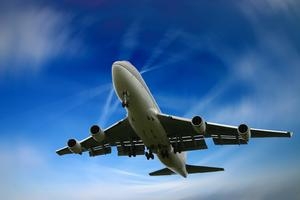Non-EEA GPs asked to provide evidence of visa hold-ups

The Health Select Committee is calling all GPs from outside the European Economic Area to share examples of being thrown out of the country, or delays in being able to take up work.
The committee is launching an inquiry on the system for approving non-EEA GPs to work in the UK, and is collecting examples of the system failing.
It follows correspondence between health secretary Jeremy Hunt and the committee.
Mr Hunt wrote in the letter that the Department of Health is continuing to work with the Home Office to make sure the UK has the right supply of ‘appropriately trained and qualified staff’.
The health secretary specified that the current legislation allows non-EEA GPs to work in the UK under Tier 2 Visas, which overseas GPs can apply for when there is no suitable resident available to fill the vacancies.
He also specified that it would be unlikely that a non-EEA GP would be asked to leave the country, although it might happen in particular circumstances such as the applicant’s visa having expired and not been renewed in time, or the applicant not meeting Home Office requirements for Tier 2 visa.
Employers can apply for a sponsorship licence online in just 30 minutes, once all the documentary evidence is ready to be used.
But in response to the letter, the health committee said: ‘The committee is inviting the public to submit examples of cases where the process which the secretary of state sets out in his letter is not working as planned (i.e. cases where the process is resulting in non-EEA overseas GPs leaving the UK or where delays are preventing doctors from taking up positions in the NHS).
‘The committee will send details of any relevant cases to the secretary of state so that his officials can look into it, as he has promised.’
It is understood this includes GPs from the EU and from other overseas countries, and comes as part of the Government’s pledge to deliver 5,000 more GPs by 2020.
Speaking at the RCGP Conference in October, Mr Hunt promised to look into the non-EEA recruitment process to ‘reduce bureaucracy associated with people wanting to come to the NHS from further afield’.
Around 17% of GPs were trained outside the UK and the EEA, a recent study by the University of Manchester researchers published in BMC Medicine has shown.
Professor Aneez Esmail, one of the authors of the study, said: ‘Rather than tightening immigration policy the Department of Health should do more to support and harness international talent in alleviating the growing GP crisis.’









